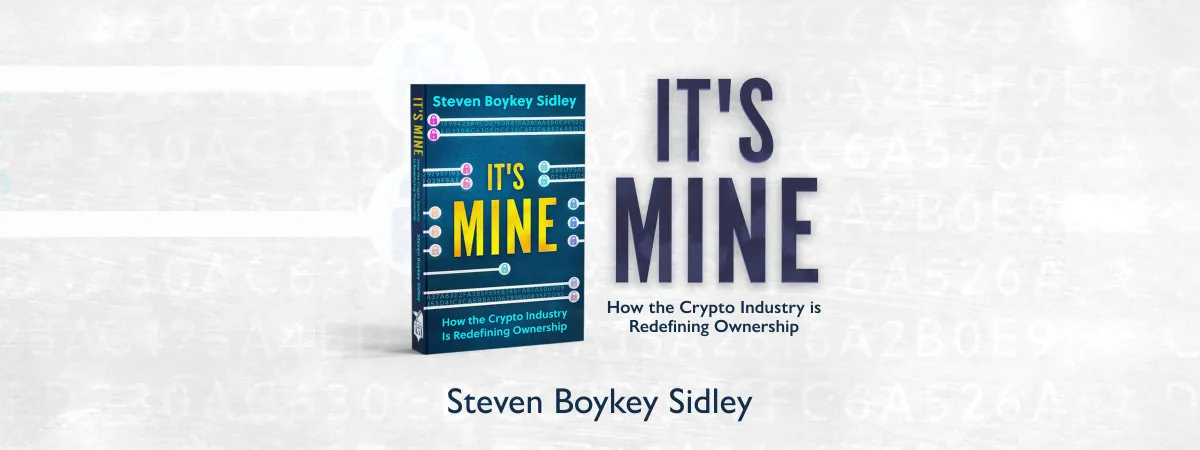I have never been an immigrant. Not really, Yes, there was a time when I moved away from this country, South Africa, to another, where I stayed for 17 years. But the country to which I moved was mainly white and English-speaking and secular (at least in the city where I lived), as was I. And my Jewish ancestry melded well in that place, which was founded on plinth of religious freedoms. So my outsider status was muted by familiarity. An immigrant, perhaps, but not a particularly foreign one, not a poor one, and certainly not a refugee.
Immigrants have been on my mind recently. Here, in a place where blame is easily apportioned to entire populations of outsiders. They are to blame. All Zimbabweans, all Malawis, all Somalis. Even at immigrants of longer residency. All Whites. All Indians.
And of course parts of Europe and the US (joining other xenophobics in Asia and Africa), now openly baying for the expulsion of Muslims from wherever and whenever. Western countries in which it is now inadvisable to admit to being Jewish. Countries in which it is dangerous to be Christian. Does anything ever really change?
The videos and audio of terrified and crying toddlers at US Southern borders require little exposition to amplify their horror. In my own case re-animating memories of long-shuttered photographs of the Holocaust. In your own case, I am sure, you can find your own remembered cruelties too. But what strikes me so sharply now is the sudden proximity of even the most liberal and democratic of societies to totalitarianism and fascism. Trump’s America. Malema’s imagined South Africa. Duterte’s Philippines. Maduro’s Venezuela.
In 2017 a slim book was published, called On Tyranny: Twenty Lessons from the Twentieth Century, by American historian Timothy Snyder. I heard the author interviewed at length. It is a slim book and warns of 20 simple things that foreshadow the onset of tyranny. It was a plea to readers to be on guard, vigilant. I thought it was interesting, but surely not. Surely not among Pinker’s Better Angels. Surely not in the US. Not in France. Not even in South Africa, with our shining Constitution of tolerance.
And yet here we are.
Pictures from the the US/Mexico border, toddlers and babies forcibly separated from their parent and handed to strangers. Malema with his euphemisms and hints at genocide and throat slitting. And my daily excursions into social media where I read of the “futility” and “humiliation” and “insult” of a non-racial society from a segment of our population for whom casual blame is easier than reasoned consideration.
And so we end up in South Africa, in the US, in Europe, with said old refrain – it is their fault, these other people, and they shall be punished. There will be children pulled from their mother’s breasts, detention centres opened, suspicions enfranchised, societies balkanised and perhaps even ovens warmed. For which, it is proclaimed, we shall surely all be be better off.
I read an interesting story recently by a young writer, a daughter of new immigrants in a free country. Her father, upon hearing her aspirations to be an artist, tells her that immigrants are already artists, because they arrive with nothing and dream of building something from it and then do it. He urges her to become a doctor, her artistic aspirations already having been fulfilled by her status.
Immigrants as artists. People who have little and dream large.
How curious that they should be such a threat. DM



















 Become an Insider
Become an Insider